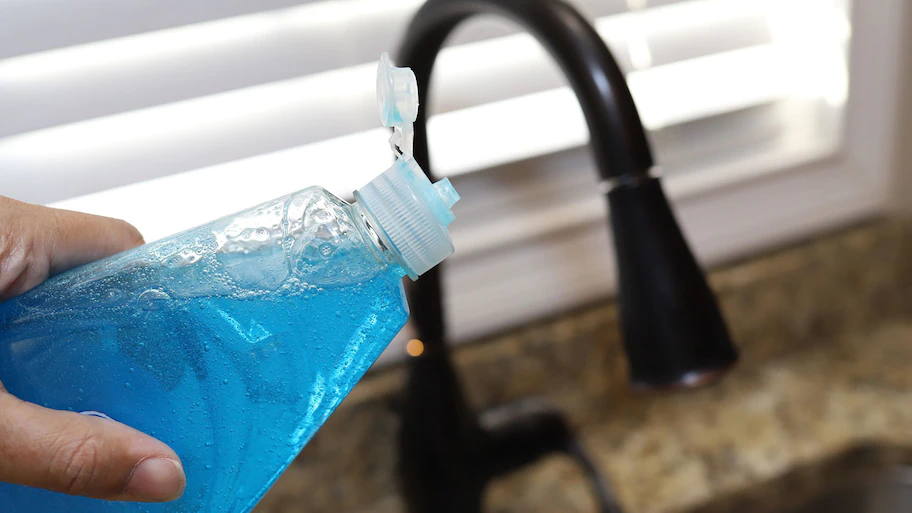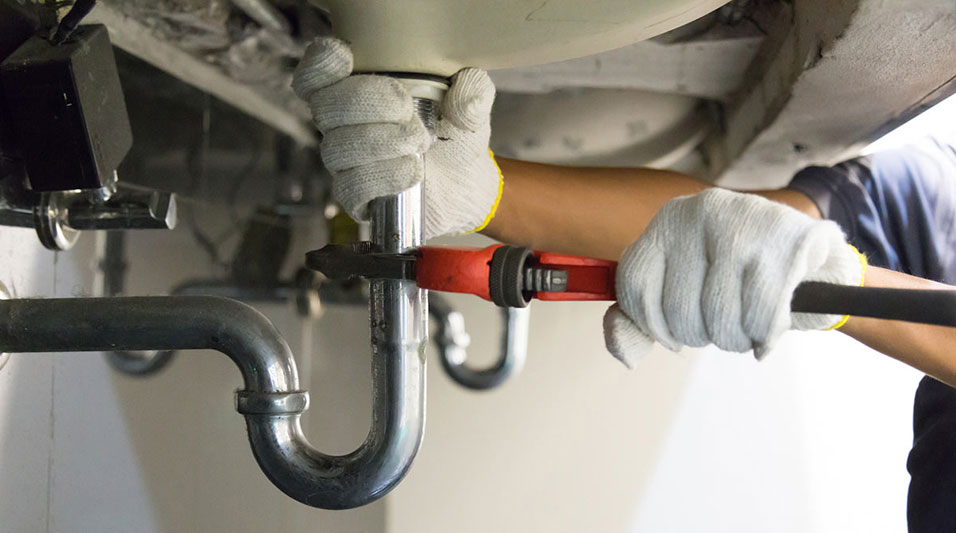Pointers for Addressing a Blocked Drain Prior to Contacting Expert Assistance
Pointers for Addressing a Blocked Drain Prior to Contacting Expert Assistance
Blog Article
Here in the next paragraphs you'll find a good deal of high-quality resources when it comes to How to handle a clogged drain in your home.

Introduction
Handling a blocked drainpipe can be an irritating experience, interfering with everyday tasks and possibly creating damages to your residential property. Nonetheless, before connecting to plumbing experts, there are actions you can take to attend to the concern yourself. In this guide, we'll discover do it yourself remedies and preventive measures to deal with an obstructed drainpipe efficiently.
Recognizing the Issue
The primary step in attending to a blocked drainpipe is identifying the indications. Slow-moving water drainage, gurgling noises, foul odors originating from drains, or water support up prevail indicators of a blocked drain. Determining these signs early can aid prevent even more complications.
Usual Sources Of Obstructed Drains
Recognizing the elements that contribute to drain pipes obstructions is crucial for reliable resolution. Typical culprits consist of hair, soap residue, grease, food debris, and international items like hygienic items or paper towels. Tree origins attacking below ground pipelines can additionally trigger considerable clogs.
DIY Solutions
For minor obstructions, a number of do it yourself options can be efficient. Putting boiling thin down the drain can assist dissolve grease and debris. Sodium bicarbonate and vinegar or a mixture of salt and baking soda can function as all-natural cleansers. Using a plunger or plumbing snake to remove obstructions is one more alternative.
Devices and Equipment
Having the right tools handy can make do it yourself drainpipe cleansing more efficient. A plunger is a flexible tool for removing clogs in sinks, bathrooms, and showers. A plumbing serpent or auger can reach much deeper obstructions, while drain cleaning chemicals can be made use of cautiously for stubborn obstructions.
Preventive Measures
To avoid future obstructions, taking on safety nets is critical. Install drain guards or strainers to catch hair and debris before they get in the pipelines. Routinely flush drains pipes with hot water to liquify grease accumulation, and stay clear of dealing with grease or strong waste away.
When to Call a Specialist
While DIY solutions can fix small blockages, particular indicators suggest the requirement for specialist help. Relentless clogs, foul odors in spite of cleansing efforts, or several drains supporting all at once are warnings that necessitate professional treatment.
Choosing the Right Pipes Service
When picking a pipes service, consider aspects such as experience, licensing, and customer evaluations. Pick a trusted plumbing with a performance history of quality craftsmanship and transparent prices techniques.
Price Considerations
The cost of expert drainpipe cleaning company can differ depending on the severity of the blockage and the plumbing technician's prices. Request quotes from multiple service providers and ask about any kind of service charges to make certain transparency and stay clear of surprises.
Security Measures
When attempting do it yourself drainpipe cleaning, focus on safety. Use safety gloves and glasses to stay clear of contact with harmful chemicals or bacteria. Never ever mix various drain cleansing items, as this can produce dangerous fumes.
Situation Researches
Real-life instances illustrate the effectiveness of DIY options and the relevance of timely professional intervention in solving drainpipe clogs.
Verdict
By adhering to the tips outlined in this guide, you can efficiently tackle blocked drains and avoid future plumbing concerns. Whether going with do it yourself remedies or looking for specialist help, timely action is essential to keeping a healthy and balanced pipes system and protecting the stability of your home.
How to Clear a Clogged Drain Yourself (And When to Call In the Professionals)
What Can Clog a Drain
Dirt Skin flakes Hair Grease Soap scum Food Offset pipes Tree roots Small objects Mineral buildup DIY Tricks to Unclog a Drain
You can fix this! Once you have identified the source of the clog (or have a vague idea), you can try one or a combination of these fixes in order to clear your plumbing.
Wire Hanger or Snake
Untangle and clear out hair from a drainpipe with a homemade snake. Use a straightened-out wire hanger with a 90-degree angle hook to locate the clog and drag out any unwanted material.
Remember not to push the clog further down to where the wire hanger cannot reach! If you need to follow up with a plunger, give it a try. Your efforts might be more successful after it’s been wire-snaked.
If you want to get fancy and don’t have a wire hanger to spare, head to the store and pick up a hand-operated drain snake. You can get one for $10-$30. It may save you the hassle, and provide additional length to reach deep into the clogged pipe.
Plunger
A cup plunger has a suction cup attached to a wooden handle. The rubber creates a seal around the drain, and increases the pressure force of the plunger.
Plunge for 30-second increments to loosen the clog. This may need to be repeated over the course of 15-20 minutes. Once plunged, run the water to flush the remaining material out of the drain.
Remember– never use a plunger if you have used a chemical drain cleaner. These chemicals can splash up from the force of the plunger and cause serious injury or burns.
Boiling Water
Hot water can sometimes break up materials into a flushable amount. Dirt, grease, and soap buildup requires heat in order to unstick from surfaces.
Take your kitchen kettle and heat your water to a boil. Once it reaches a rolling boil, pour it directly down the drain into the blockage. Carefully follow with plunging, if necessary.
Don’t worry if this takes more than one try! It can often take multiple kettles and repeated plunging in order to clear a particularly stubborn clog.
Chemical Drain Cleaner
As a last resort, pick up a bottle of chemical drain cleaner. Drain-cleaning chemicals are potent, and not very good for the environment.
You may need to wear protective eyewear in gloves before handling your bottle of chemical drain cleaner. Follow the instructions printed on the bottle, and flush with water as soon as the instructions allow. Do not follow with plunging.
Baking Soda and Vinegar
As a safer alternative to chemical drain cleaner, baking soda and vinegar can create a chemical reaction that clears tough clogs.
Combine one cup of cleaning vinegar with one cup of boiling water, and set aside. Once you have done this, pour half a cup of baking soda down the drain. Give the baking thirty seconds to settle and cover a large portion of the problem drain.
Following the baking soda, pour down your vinegar and hot water solution. Once the vinegar and baking soda combine, the mixture will bubble and fix. Let this reaction fizzle in the drain for about an hour.
After an hour, follow with a kettle’s worth of hot water. The heat and liquid should flush out any remaining material.
When to Call a Plumber
If your DIY attempts haven’t cleared your clog drain, it’s time to call in a professional. It’s not worth losing access to your kitchen sink or high-traffic bathroom. A clog in a vital area can keep you from the things you’d rather be doing, and derail your routine.
Anytime a clog is causing water to spread is a time to call in a plumbing service. What starts out as a little bit of water can quickly grow into serious, expensive water damage.
Additionally, a serious clog can result in burst pipes or serious leaks. Make sure you know when to take it seriously!
https://myguysnow.com/how-to-clear-a-clogged-drain-yourself-and-when-to-call-in-the-professionals/

Hopefully you enjoyed our excerpt on What I learned from trying to deal with a clogged drain. Many thanks for taking the time to read through our post. Sharing is good. Helping people is fun. We thank you for your readership.
Go Deal Report this page